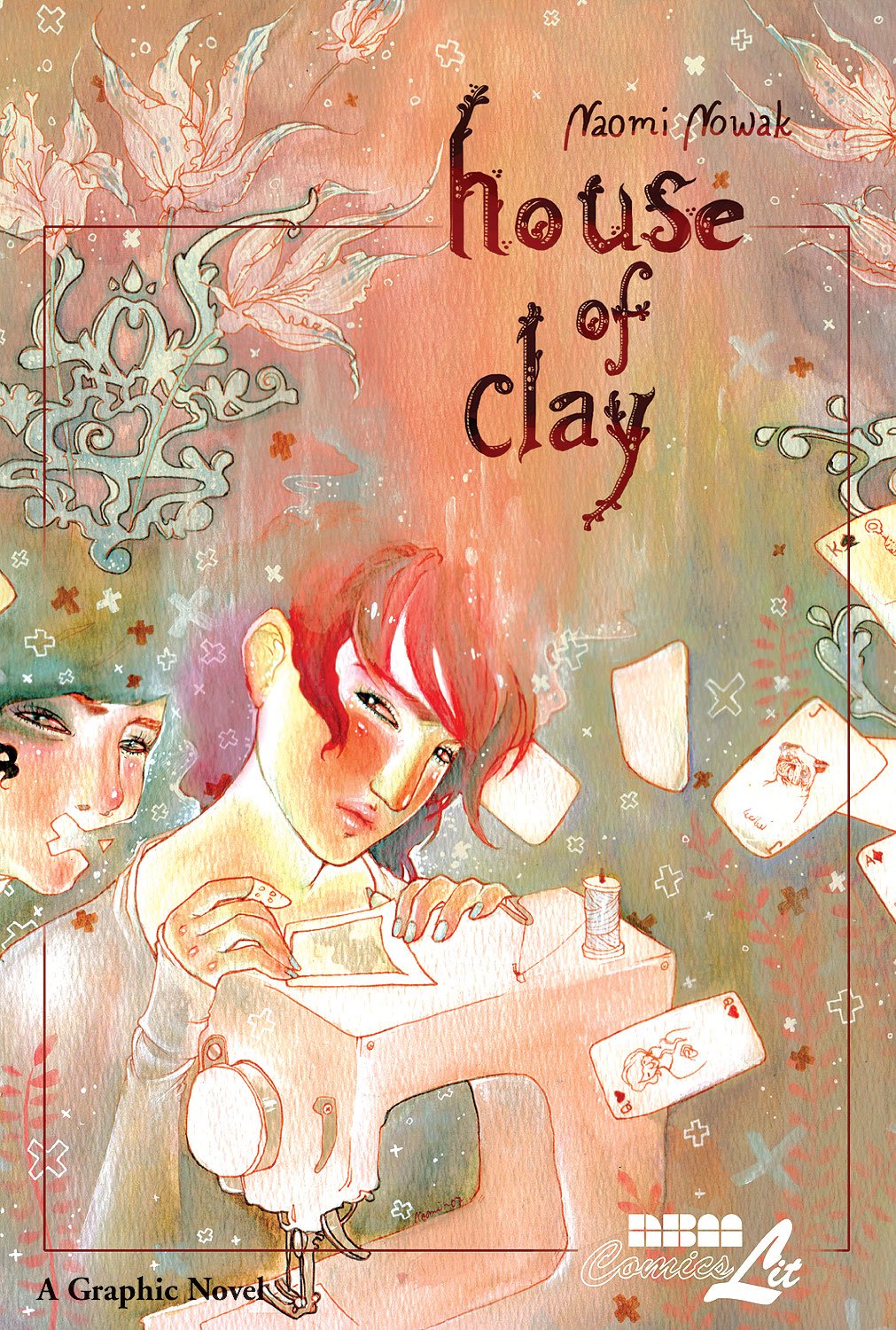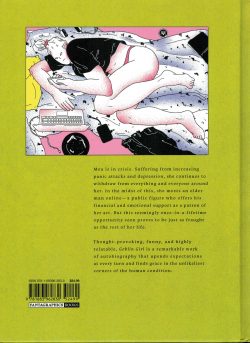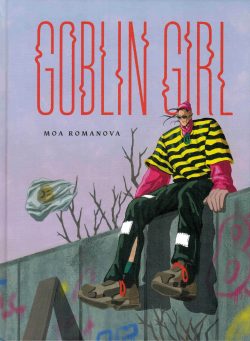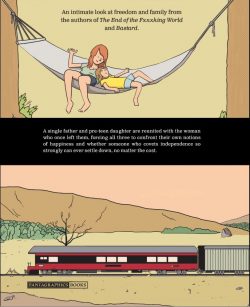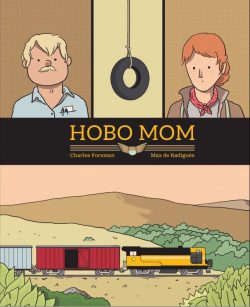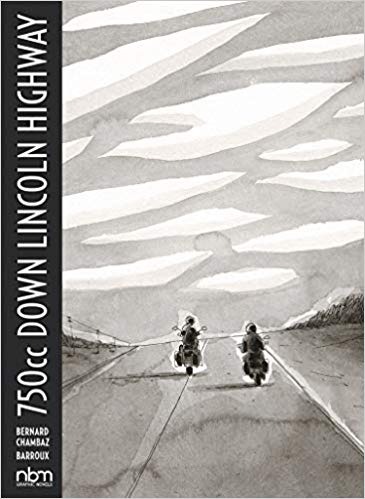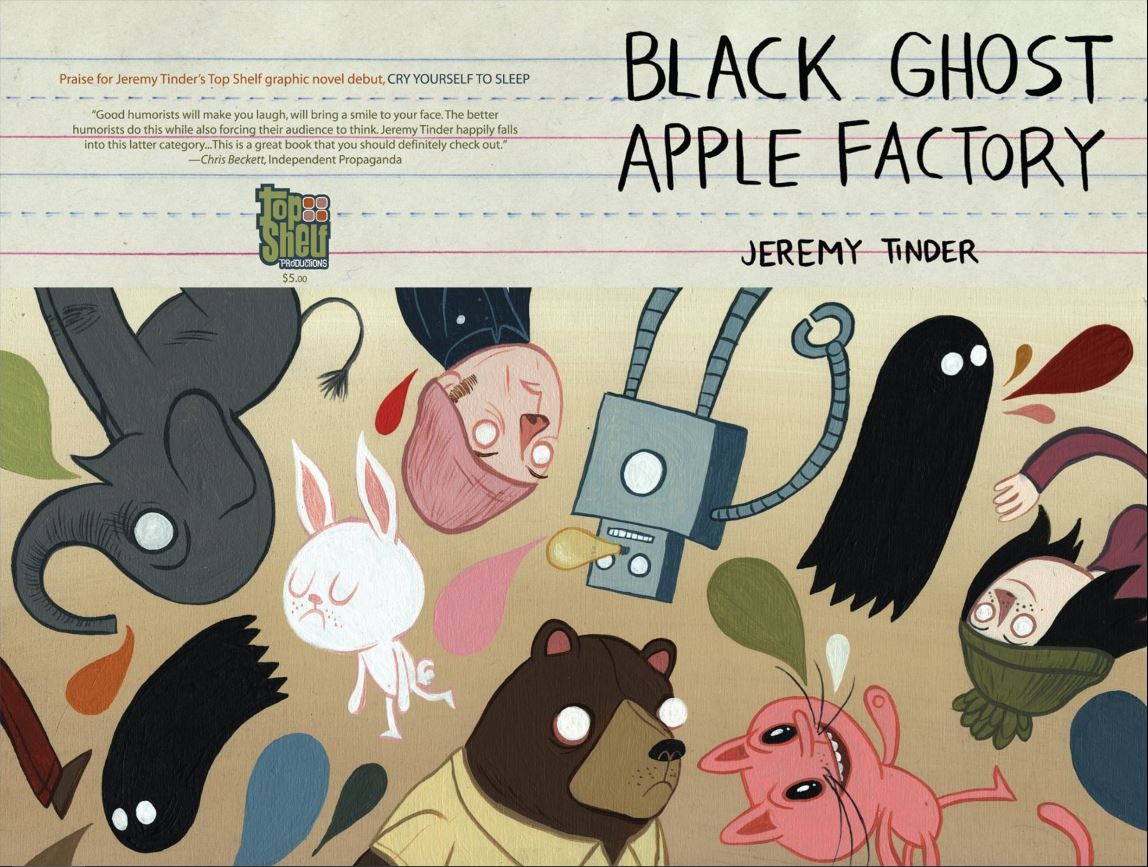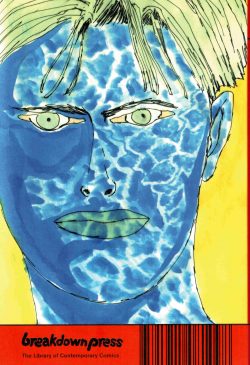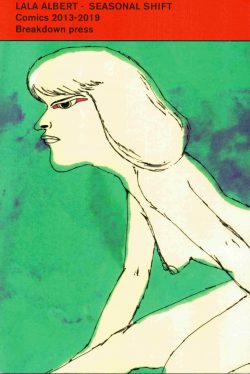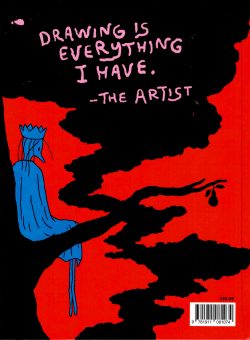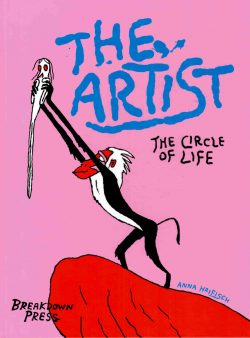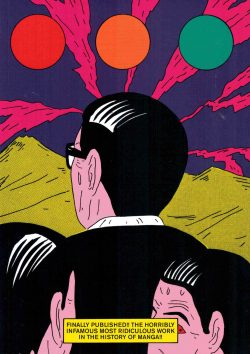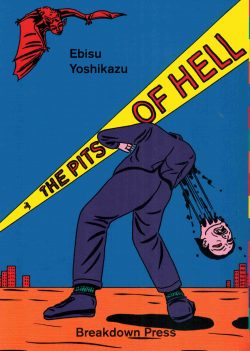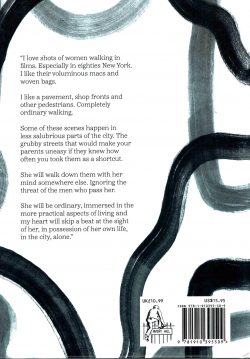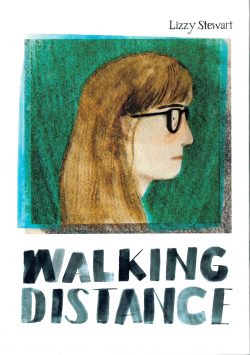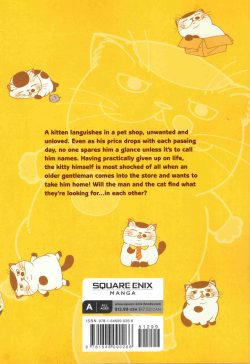
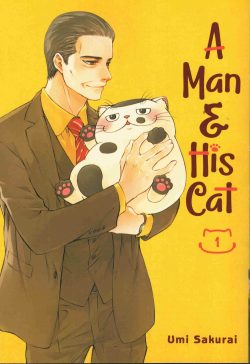
By Umi Sakurai, translated by Taylor Engel (Square Enix Manga & Books)
ISBN: 978-64609-026-6 (PB)
The relationship between human and pet is endlessly fascinating. Animal lovers always want to know what other people’s non bill-paying companions get up to and they’re also always looking for points of similarity. How many times have we all heard “Yeah, my fuzzball also piddles on electrical points†or “no, Jolly Mister Creampants has never dug up a corpse… as far as I’m aware…â€?
That shared compulsion has produced a lot of funny and so-so books and comics, but few have matched the astounding success of cartoonist Umi Sakurai (The Vampire Called God) with her strip Ojisama to Neko. It’s even more remarkable because the humour is gentle and almost all on the side of the rather ugly, pitifully self-deprecating moggy in his narrative asides. The rest of reading experience is more heartwarming than funny. This is a series about honest sentiment and the human rewards of animal companionship.
Ojisama to Neko began life as a self-published weekly webcomic on Twitter and Pixiv before being picked up for strip serialisation in print magazines Monthly ShÅnen Gangan and Gangan Pixiv. To date the emotive vignettes have filled four tankÅbon tomes and had well over 560 million views. It is astoundingly popular, garnering awards and recommendations wherever it appeared. Now its available in English and I’m beginning to see why…
This slim but well-stuffed volume sets the ball rolling in ‘A Man and a Cat’ as a humble, homely, slightly huge and rather old cat ponders his life in the pet shop. He’s been there an awfully long time, gathering dust but no admirers as younger, prettier cats and kittens come and quite rapidly go…
As his price tag is regularly lowered, he understands and accepts his fate, but everything changes the day a distinguished gentleman comes in and without hesitation picks the flabbergasted veteran. The answer comes in ‘All Alone’ when the gentleman is revealed as a recent widower. He had discussed with his wife getting a cat just before…
The short moments of bonding continue when the new family unit decide on ‘The Cat’s Name’ and stock up on “essential supplies†when ‘The Man Goes Shopping’. Rejoicing in the name Fukumaru, the cat plays that old “I’m hungry†tactic in ‘Super-Mewracle Crunchies’ and the freshness of the learning curve for both is proved when ‘I Have a Cat Now’ sees the Man try to bath The Cat…
Both man and beast are visited by unwelcome memories in ‘Good Night, Fukumaru’, but their co-dependent bond is clearly solidifying. When Fukumaru remembers those distant days of kittenhood in ‘Good Night, Mister’, it leads to an explosive triptych about litter boxes, discreetly dubbed ‘The Noble Feline in the Bathroom’ Parts 1, 2 and ‘Afterward’before ‘Kneady-Kneady Fukumaru’ shares his first human bed…
When ‘The Man Wakes Up’ they discover the wonder of taking cat photos, but when the adoring human leaves for work (he’s a silver fox music teacher, utterly oblivious to his affect upon the younger educators at school), his devoted and grateful new companion experiences abandonment issues in ‘Fukumaru Minds the House’ and responds just as you’d expect at day’s end in ‘Welcome Home’…
‘Loyal Kitty Fukumaru’ settles in and they learn the joys of selfies, with only the odd moment of discord when a dog-loving pal asks about the “ugly cat†only to learn ‘My Pet is Number One’.
A household Rubicon is crossed in ‘Fukumaru and the Black Thing’ when a locked room is opened and a magnificent piano is revealed, whilst the trauma of carry cases and collars is confronted in ‘Safe, Worry-free Design’ before the household standing of the black thing vis a vis scratchable items is explored in ‘Attack from the Purriphery’.
‘The View Beyond the Invisible Wall’ is Fukumaru’s first taste of modern gardening, followed by a return outing for the dog-lover who has learned his lesson in ‘Your Precious Cat’, after which ‘I Promise You’ sees the Man – AKA Mr. Fuyuki Kanda – further impress the youthful school staff as ‘Hellos and Good-byes’ flashes back to that pet shop, revealing how lonely Miss Sato almost took the lonely straggler on the day Kanda walked in and proved love at first sight…
Peppered throughout one-page gag moments, this initial outing ends on a low-key yet warm note sharing further revelations about sad Kanda and wife before he chose to share his life ‘With Fukumaru’…
Forthright, painfully honest and packing hidden tear-jerking episodes the way a fluffy kitten packs sheathed claws and razor-sharp teeth, A Man & His Cat is a compelling buddy story no pet-carer or comics aficionado should miss.
© 2018 Umi Sakurai/SQUARE ENIX CO., LTD. English translation © 2020 SQUARE ENIX CO., LTD.

